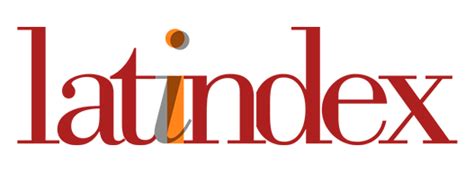Institutional Dependency of the trajectory in the taxes politicies of Venezuela and Brazil 1940-2000
DOI:
https://doi.org/10.62876/rm.v1i59.5566Keywords:
Institutional Path Dependence, Tax Policy, Venezuela, BrazilAbstract
Abstract
The late convergence of Venezuelan taxing policy in respect of Brazil to a balanced indirect/direct tax-based policy in the second half of XX century is explained by Institutional Path Dependence. This argument is supported on the compliance of three conditions. First, the tax policy patterns of Venezuela and Brazil can be modeled in clearly defined paths. In the case of Venezuela from the 1950s and until 1980s took a direct tax-based policy path, and in the 1990s shifted to a balanced direct-indirect tax-based policy path. As for Brazil, in the 1950s had a direct tax-based 23 policy path, shifting in the 1960s to a balanced indirect-direct tax-based policy by implementing two-layer Value Added Tax reform, and keeping this path for the rest of the period. Secondly, the choices taken in each period were shaped by drivers that are either: (1) part of institutional framework offering increasing-returns, or (2) subjective models of the environment. In the case of Venezuela from the 1960s until 1980s Sembrar el Petroleo subjective model was a driver to shape choices, being replaced in the 1990s by the Apertura subjective model; and in 1960s and 1980s the driver of increasing returns of political stability is also present. As for Brazil the subjective model of Desenvolvimento was a driver for the choices in the 1960s, and was then replaced by the Apertura subjective model in the 1980s and 1990s; during the 1960s the increasing returns of political stability is also present as a driver of the choices taken. Thirdly, the convergence of Venezuelan tax policy in respect of Brazil posed high costs to the institutions since it is considered a reversion of path. These costs include civil and military unrest, leading to the demotion of a President, and deterioration of the democratic institutional framework, evidenced in 1998 by the collapse of the establishment parties, and the election of a
former leader of coup d’état attempts occurred in 1992. Finally, it can be argued that each country was pioneers in the world in the tax reforms of their utmost interest, Venezuela with the Hydrocarbon Act of 1943 by establishing the fifty-fifty agreement to sustain the subjective modeling of Sembrar el Petroleo, and Brazil with a fully-fledged indirect tax reform in 1967 to sustain the subjective modeling of Desenvolvimento. In turn, these choices chiseled the tax policy paths taken by both of them in the following decades, therefore history matters.
Keywords: Institutional Path Dependence, Tax Policy, Venezuela, Brazil.
Downloads
References
Doctorando en Historia (UCAB). Maestría en Economía e Historia (Universidad de Utrecht). Maestría en Finanzas (IESA) e Ingeniero Industrial (UCAB). Profesor de Estrategia e Historia Empresarial en el IESA, y de Historia Empresarial y Desarrollo Económico (Historia Económica) en la UCAB. Galardonado en 2018 con el Premio para Jóvenes Historiadores “Rafael María Baralt” (ANH/Bancaribe) por su obra “Londres en Caracas y La Haya en Maracaibo” (2019). Co-Autor del “Venezuelan Historical Dictionary” (2018).
GGDC 10-Sector Database. Groningen Growth and Development Centre
Idem









